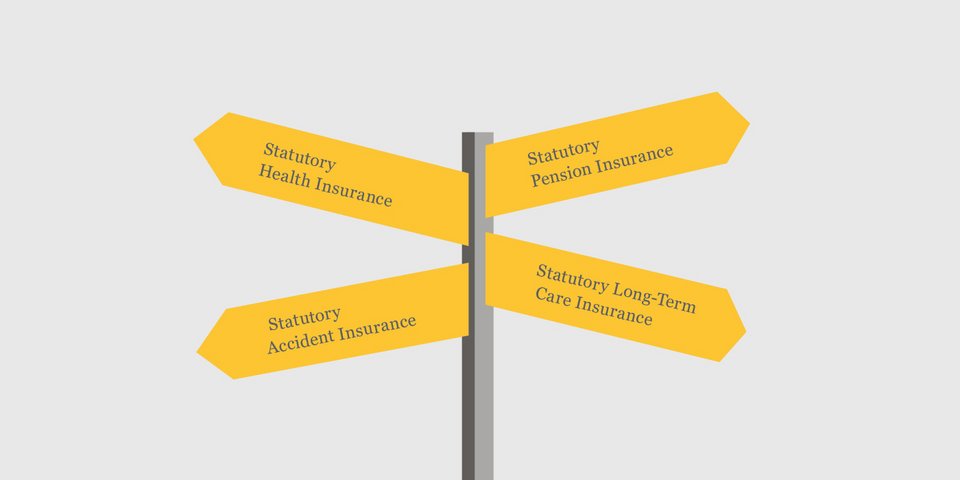
The European Semester and Germany
Too much on pension, too little on health.
Dr. Sch.-W. – 06/2019
There
are few surprises in the country-specific recommendations for Germany, although
this time the focus is again on old-age pensions. The recommendations include:
- Shifting taxes away from labour;
- Reducing disincentives to
working longer hours, including the high tax wedge for low-wage and second
earners;
- Taking measures to ensure the
long-term sustainability of the pension system while maintaining its adequacy;
- Promoting higher wage growth.
Social security contributions particularly high
The
recommendations criticise the fact that social security contributions of
employees account for about two thirds of taxation of earnings from labour and
are therefore particularly high by international standards. In contrast,
environmental tax revenue in relation to GDP is among the lowest in the EU.
Finally, the warning to place a greater emphasis on affordable housing is
particularly striking as Germany is lagging behind the rest of Europe in this area.
Real wage growth remains
modest and the percentage of low-income earners (22.5% in 2017) is still
considerably above the EU average.
At the Council meeting
on 13 June, State Secretary Schmachtenberg explained that although Germany has
achieved good results in its employment rate, it has fallen short of its own
targets in the fight against poverty. This issue is reflected in the recommendations
because the risk of poverty among children of low-skilled parents in Germany is
67 percentage points, which is well above the EU average.
The recommendation can
be found here.
